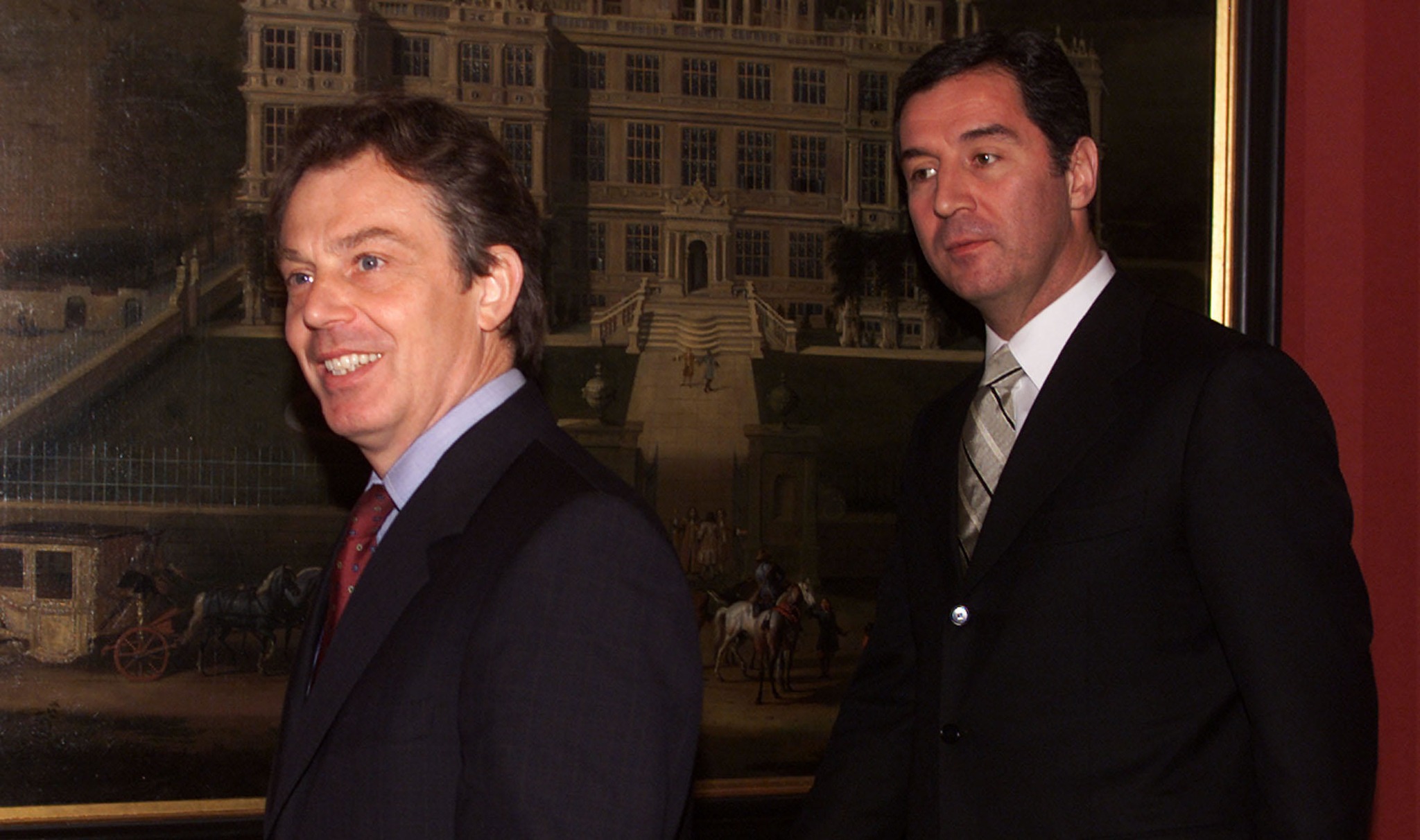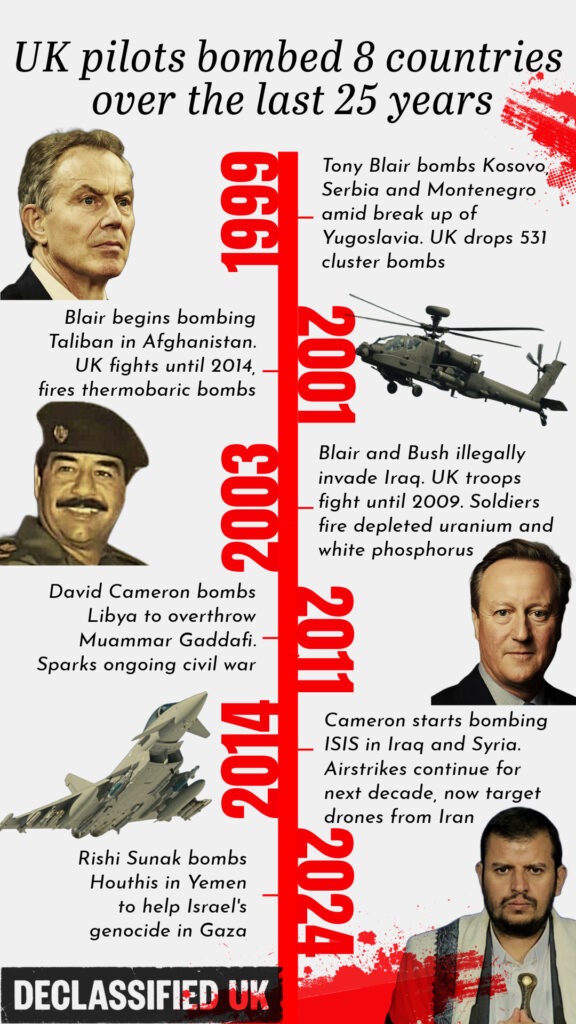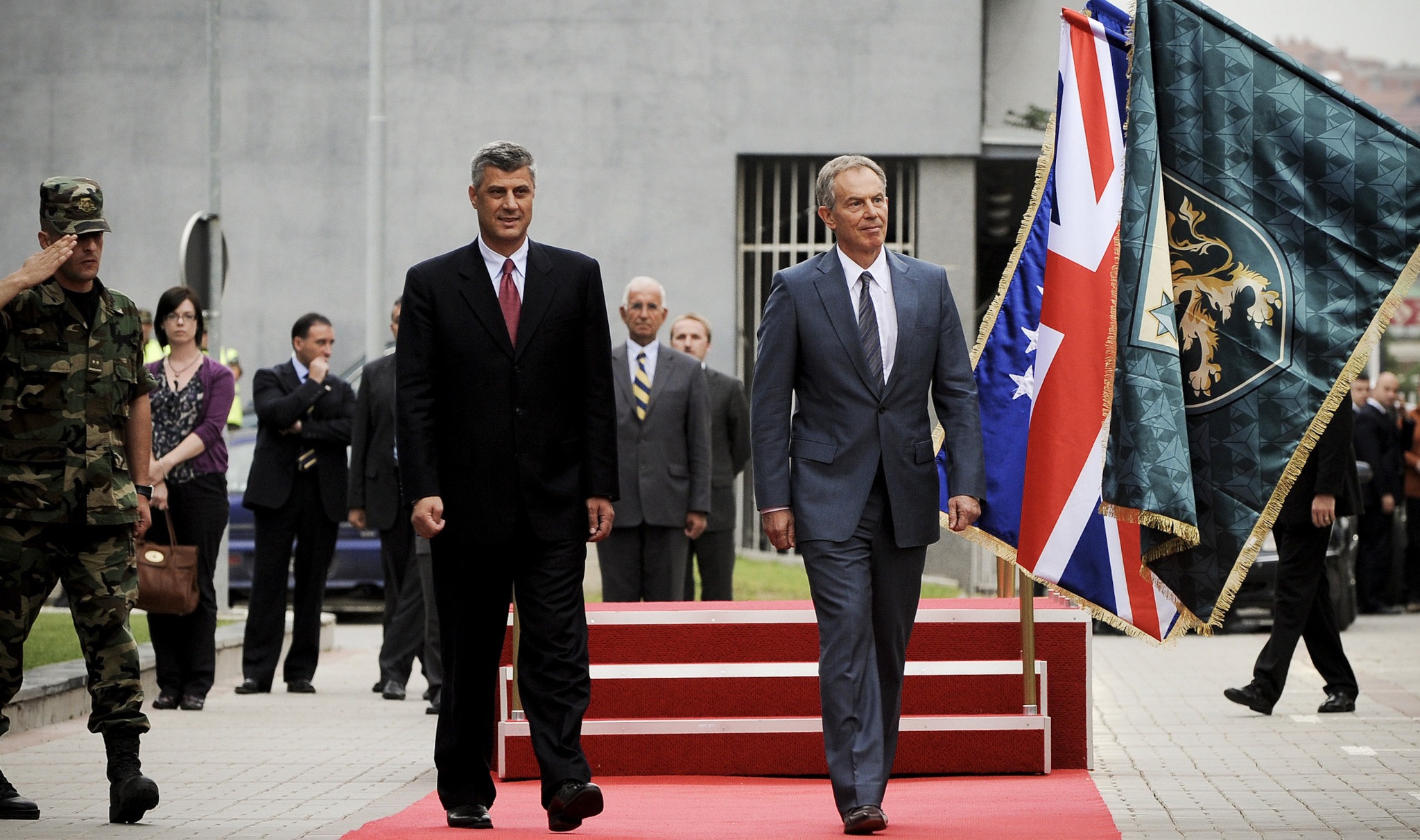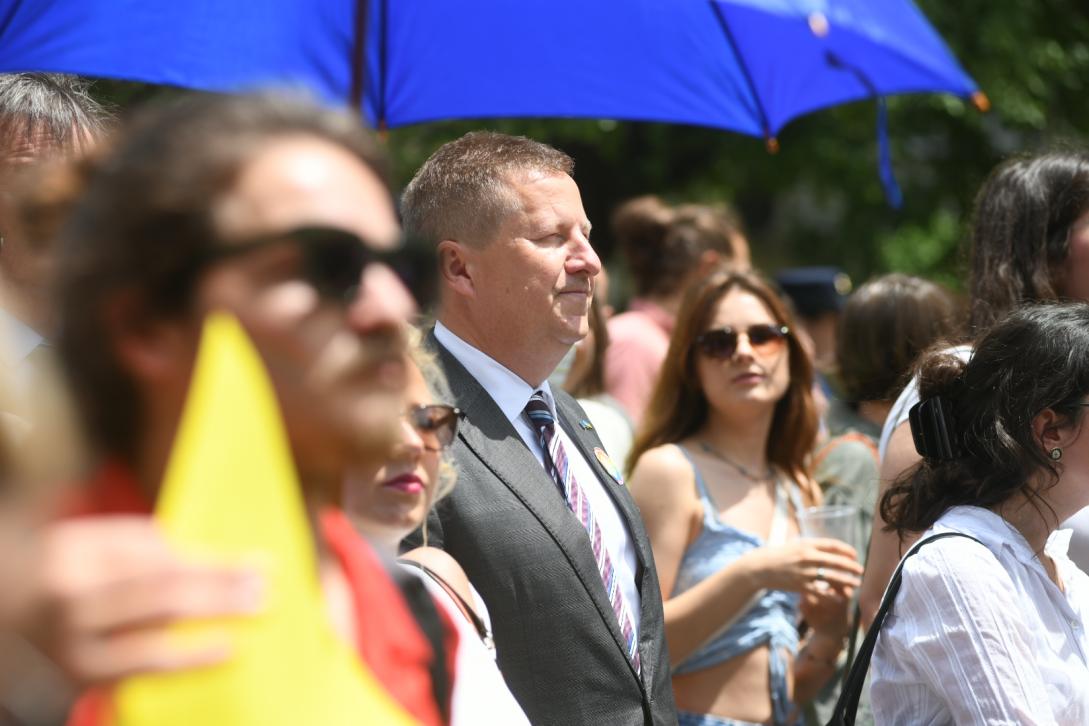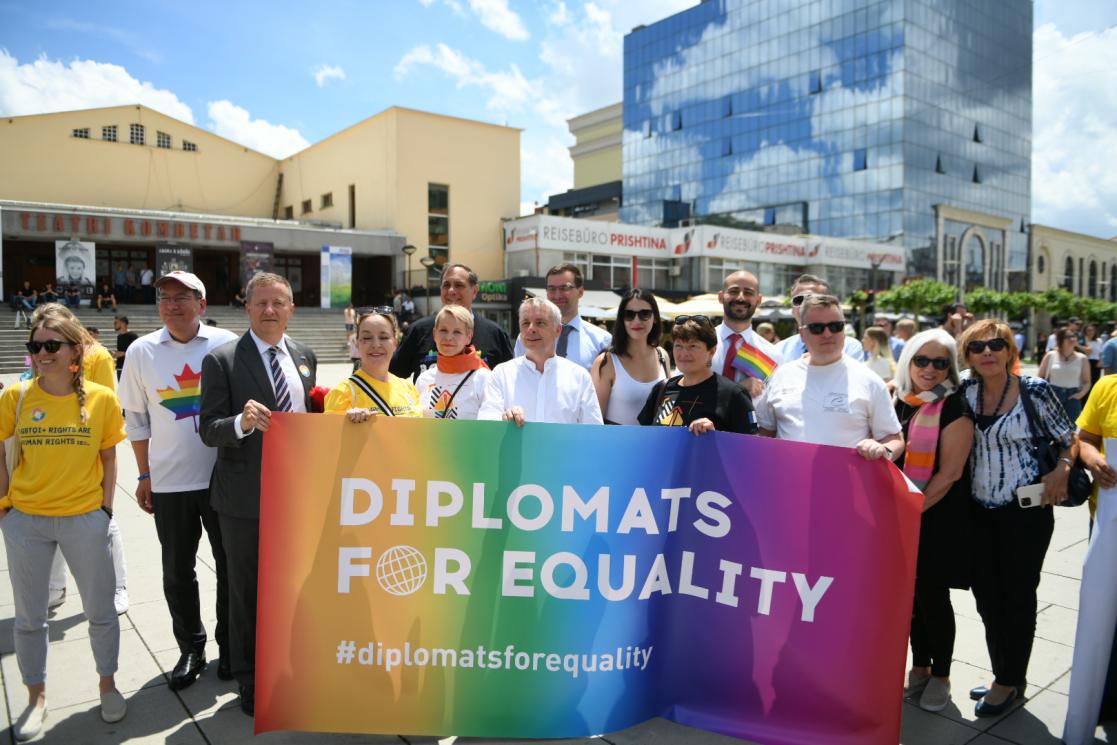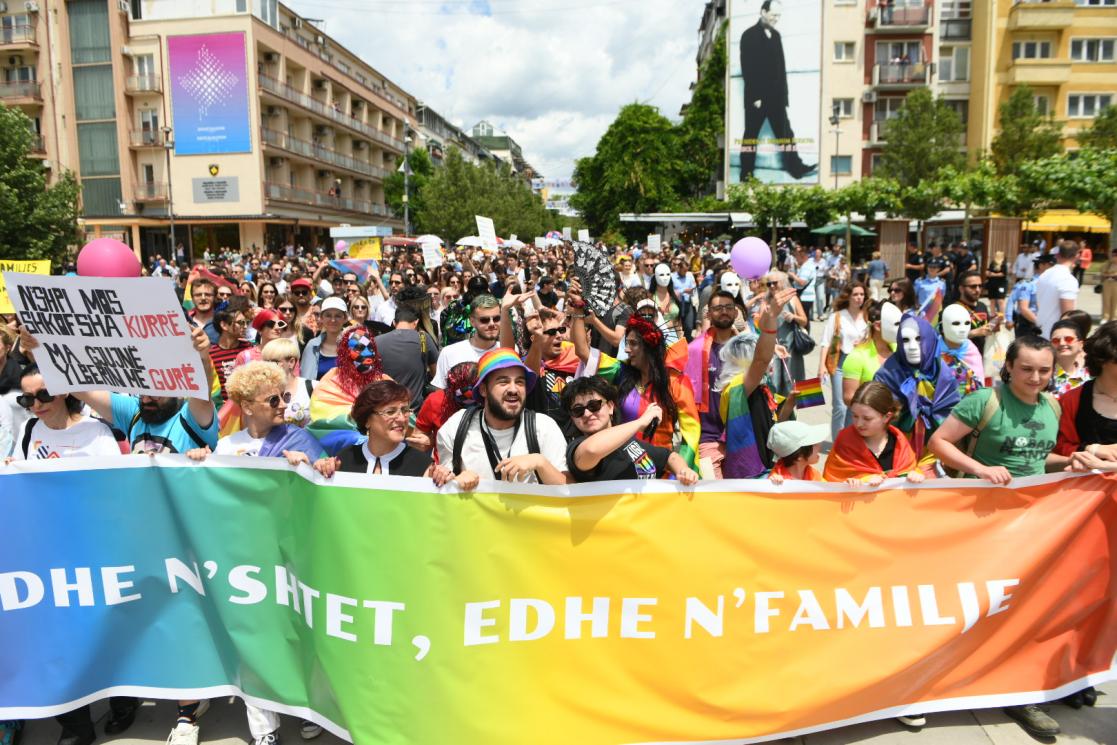By DUSAN STOJANOVIC

1 of 5
BELGRADE, Serbia (AP) — Well before Russian tanks and troops rolled into Ukraine, Vladimir Putin was using the bloody breakup of Yugoslavia in the 1990s to ostensibly offer justification for the invasion of a sovereign European country.
The Russian president has been particularly focused on NATO’s bombardment of Serbia in 1999 and the West’s acceptance of Kosovo’s declaration of independence in 2008. He claims both created an illegal precedent that shattered international law and order, apparently giving him an excuse to invade Ukraine.
Putin’s arguments, repeated several times since Russia annexed Crimea in 2014, appear to follow this line: If different ex-Yugoslav republics and the former Serbian province of Kosovo could become independent with Western backing and wars, why can’t Ukraine’s strategic Black Sea peninsula and the rebel-controlled, majority Russian areas in the east of the country split from their mother nations — with Russian help?
With strong U.S. support, ethnic Albanian-dominated Kosovo seceded over Serbia’s strong objections. Russia, a historic ally of the Serbs, argued then that this set a precedent that could trigger a series of statehood claims elsewhere in the world.
In July 2010, U.N.’s highest court ruled that Kosovo’s declaration of independence was legal but did not outright endorse Kosovo’s claim to statehood.
There are many differences between the Russian attack on Ukraine, seen in the West as one of the darkest moments for Europe since World War II, and the wars in the Balkans that left more than 120,000 people dead and millions homeless. There are also some similarities.
WHAT ARE THE MAIN DIFFERENCES?
NATO didn’t occupy Kosovo after driving Serbian forces out of the former Serbian province, but sent in peacekeepers. Russian troops, meanwhile, took control of Crimea even before its referendum to join Russia was held.
NATO intervened in Kosovo only after significant evidence of Serbian abuses against ethnic Albanians, including mass killings and deportations. Russian forces intervened in Ukraine with no major abuses or violence reported against ethnic Russians.
Kosovars declared independence but did not join their ethnic brethren in neighboring Albania in a single state. Crimea, which has a majority Russian population, signed a deal to join Russia two days after the referendum which was deemed flawed and undemocratic by the West.
WHAT ARE THE MAIN SIMILARITIES?
Both interventions started with false claims that ethnic minorities are being persecuted in neighboring countries. The Serb-led military unleashed a heavy barrage of artillery against towns and villages in Croatia in 1991, something similar to the initial attacks by Russian forces against Ukraine.
Just as Croats, Bosnians and Kosovo Albanians feared Serbian repression during the autocratic rule of late Serbian leader Slobodan Milosevic, ethnic Russians feared Ukrainian nationalists.
WHAT DID PUTIN SAY?
“(German Chancellor Olaf Scholz) has just said that the people of his generation — and I certainly belong to that generation myself — find it difficult to imagine some war in Europe,” Putin said following talks with Scholz in Moscow on Nov. 15.
“But all of us were witnesses to the war in Europe that NATO unleashed against Yugoslavia,” Putin said. He recalled that it was a major military operation involving bombing strikes against a European capital, Belgrade.
“It did happen. Without any sanctions by the U.N. Security Council. It is a very sad example, but it is a hard fact,” Putin said.
He has argued that by intervening in Kosovo, the West created a precedent with longstanding consequences.
WHAT IS THE WEST’S TAKE ON THAT?
At the press conference with Putin, Scholz hit back at the Russian president’s arguments over NATO’s actions in Kosovo, saying this was done to prevent genocide, referring to the persecution of Kosovo’s majority ethnic Albanians by Serbian forces.
Western leaders have repeatedly rejected Putin’s arguments, saying Kosovo was a unique case due to the large number of victims during the Balkan wars amid the violent breakup of Yugoslavia. Former German Chancellor Angela Merkel had insisted that Putin’s analogies between the West’s actions in Kosovo and Russia’s intervention in Crimea are “shameful.”
WHAT COULD BE THE CONSEQUENCES?
There are fears that the pro-Russian Serbian leadership could try to use the international attention focused on Ukraine to further destabilize its neighbors, particularly Bosnia where minority Serbs have been threatening to join Serbia.
European Union peacekeepers in Bosnia have announced the deployment of some 500 additional troops, citing “the deterioration of the security internationally (which) has the potential to spread instability” to the region.
Kosovo’s leadership fears Serbia could be encouraged by Russia to try to intervene in its former province to stop the alleged harassment of minority Serbs. Kosovo has asked NATO for a fast track to membership in the wake of the Ukrainian crisis, something neither Serbia nor Russia would likely accept peacefully.
Kosovo officials have rejected Putin’s parallels between the NATO intervention in Kosovo and his invasion of Ukraine as “totally baseless and ridiculous.”
___
AP Balkan correspondent Dusan Stojanovic covered the Yugoslav wars in the 1990s and events in Ukraine in 2014.
Seeing the Forest for the Trees
Thesis on The Kosovo Crisis and the Crisis of Global Capitalism
(originally written May 1999, Bill Clinton set the stage for George W. to invade Afghanistan and Iraq for humanitarian purposes.)
http://plawiuk.blogspot.com/2005/01/war-whats-it-good-for-profit.html



